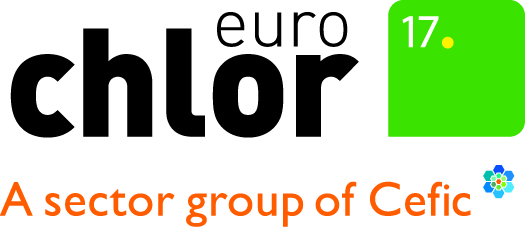Regulations
In addition to Euro Chlor’s regular activities, over the past years several legislative and voluntary initiatives have required industry cooperation within Europe. To this end, Euro Chlor has acted to support its members where possible to meet their regulatory obligations.
REACH
The Regulation on Restriction, Evaluation and Authorization of Chemicals (REACH) EC/1907/2006 came into force in mid-2007. Since then the chemical industry has collated availalble toxicity and ecotoxicity information on substances for submission to the European Chemicals Agency (ECHA) to register the substances and show that they are safe for the defined uses.
The chlor-alkali substances (chlorine, sodium hydroxide, hydrogen chloride, sodium hypochlorite, potassium hydroxide, potassium carbonate, 1,2-dichloroethane and the chlorinated solvents) were all registered before the 2010 deadline under the auspices of ReachCentrum with the assistance of Euro Chlor.
More information can be found via ReachCentrum.
Classification, Labelling and Packaging (CLP)
The Classification, Labelling and Packaging Regulation (CLP) entered into force in 2009. This regulation brought the UN GHS principles (Globally Harmonized System for classifying chemicals) into the EU classification scheme. All substances manufactured, no matter the tonnage band, had to have their classification notified to ECHA before the end of December 2010.
Euro Chlor assisted our member companies and the REACH consortia to meet this goal, and we encouraged companies that did not register under REACH because of lower tonnage thresholds but did need to notify to use the harmonized classification for each substance.
Global Product Strategy (GPS)
As a part of the Responsible Care initiative under the International Council of Chemical Associations (ICCA), industry prepared GPS information sheets for the general public. Euro Chlor is assisting in this activity by providing draft sheets that companies can use in meeting this requirement.
EU Risk Assessments
Within Europe, concern regarding the potential risks of chemicals has been an EU policy priority since the late 1980s. In 1993 the Council Regulation (EEC) 793/93 – better known as the Existing Substances Regulation (ESR) – was adopted to provide a legislative framework for the evaluation and control of “existing” chemical substances.
OECD/ICCA High Production Volume (HPV)programs
Under the ICCA High Production Volume program, many substances have been assessed for their risk. Euro Chlor also supported this effort.
Marine Risk Assessments
Euro Chlor has voluntarily prepared risk assessments for 25 chlorinated substances, focussed on the marine environment. Many of these have been published in peer-reviewed journals.
